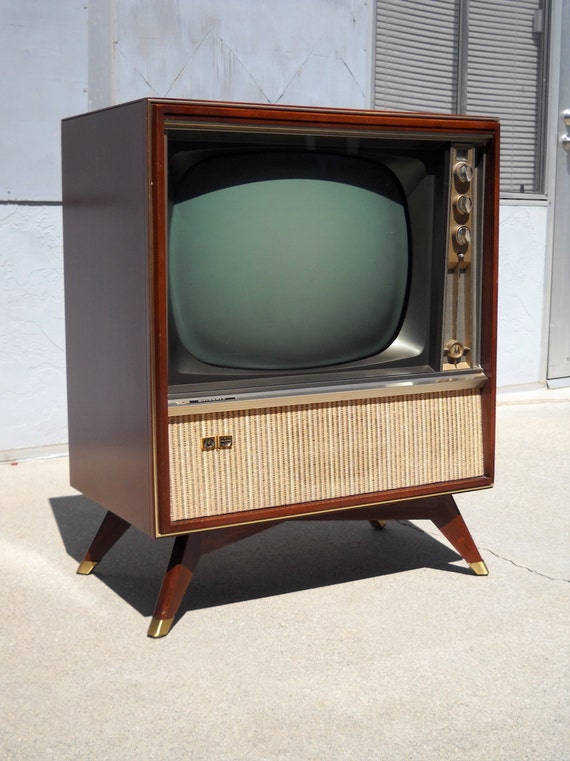 Amazing changes have occurred in my lifetime, changes in just about every aspect of daily life. When I was born, the minimum wage was $1 an hour. Our parents made us drink whole milk and eat liver because it was good for us. Smoking was considered chic, and cough medicine with codeine was available over the counter. We had no child car seats, and I don't think we had a car with a seatbelt until the early 1970s. Our family was like most - one black and white TV centrally located in the living room, which had to be shared by all family members. I could go on, but you get the idea.
Amazing changes have occurred in my lifetime, changes in just about every aspect of daily life. When I was born, the minimum wage was $1 an hour. Our parents made us drink whole milk and eat liver because it was good for us. Smoking was considered chic, and cough medicine with codeine was available over the counter. We had no child car seats, and I don't think we had a car with a seatbelt until the early 1970s. Our family was like most - one black and white TV centrally located in the living room, which had to be shared by all family members. I could go on, but you get the idea. I was recently reminded of just how different our society is another way - our attitude toward children with disabilities. I know something about this first hand. You see in 1958, my younger sister Joyce was born with hydrocephaly.
I was recently reminded of just how different our society is another way - our attitude toward children with disabilities. I know something about this first hand. You see in 1958, my younger sister Joyce was born with hydrocephaly. In those years before shunts were medically available to manage the excess cerebral spinal fluid, the parents were either (a) not told what might be wrong and the newborn was just sent home, or (b) told the child was hopelessly retarded (ah, terminology, another huge change in my lifetime) and should be institutionalized. That way, it was explained to the shocked parents, they could move on with life as if that child were never born.
If parents decided to raise the child at home as my parents did, God bless them, they got little or no support. Back then, many people believed that giving birth to a child with a disability was God's punishment for the parents' sins. There was no agency providing guidance or intervention, no child-sized adaptive equipment, no clinic or moms' groups giving support. My mom sewed together cloth diapers and rubber pants because incontinence care items for a child over preschool-age didn't exist. Even a basic right such as education was denied Joyce and others like her until the Education for All Handicapped Children Act (now known as Public Law 94-142) was passed in 1975.
Since Joyce didn't walk until she was 5 years old, we often brought her out into the community in an over-sized baby stroller. Yes, people stared and pointed and tsk-tsked, and adults pulled their children away as if Joyce had something contagious. And yes, all of that affected me, shaped me. I learned early on how to speak my mind, and for good or bad, I've been that way all my life.
But the point is this - in the last 50+ years, our society has learned how to accept children with disabilites and support them and their families with appropriate programs, therapies, and education. Not necessarily embrace them, mind you, but accept them for what they are, loving and love-worthy human beings endowed by their Creator with the same inalienable rights as everyone else.
If you love a child with a disability, give a prayer of thanks for folks like my parents, Joyce, and the generations who struggled and lived happy lives with the people they loved, regardless of what their doctors and their society said.